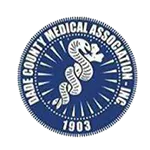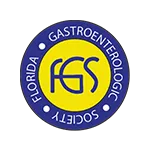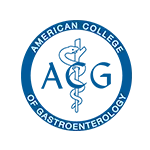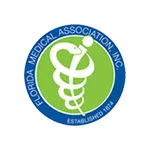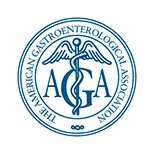Crohn’s disease is a chronic bowel disease associated with inflammation of the gastrointestinal tract. Some patients with the condition experience multiple symptoms, including abdominal pain and cramping, diarrhea, and fatigue. The experienced gastroenterologists at Digestive Medicine Associates in Hialeah, Coral Gables, Kendall, and Pembroke Pines, FL, treat Crohn’s disease and help patients manage symptoms.
What Causes Crohn’s Disease?
The specific cause of Crohn’s disease has not been identified, but certain factors increase the risk of developing this chronic condition. Risk factors for Crohn’s disease include having a close family member with the disease, smoking, and taking certain types of medications, such as antibiotics or non-steroidal anti-inflammatory drugs (NSAIDs). Additionally, diet and stress can sometimes aggravate the symptoms of Crohn’s disease.
What are the Symptoms of Crohn’s Disease?
Individuals with Crohn’s disease can experience a range of symptoms related to inflammation of the gastrointestinal tract (GI), which extends from the mouth to the anus. Some patients experience only mild symptoms on occasion, while others might suffer from severe pain and discomfort more regularly. Common symptoms of Crohn’s disease include:
- Abdominal pain
- Stomach cramps
- Rectal bleeding
- Diarrhea
- Bloating
- Flatulence
- Loss of appetite
- Weight loss
- Fatigue
- Fever
What are the Treatments for Crohn’s Disease?
There is no cure for Crohn’s disease, but there are effective treatment options for helping patients manage symptoms. The knowledgeable and skilled gastroenterologists at our offices in Hialeah, Coral Gables, Kendall, and Pembroke Pines, FL, treat Crohn’s disease on an individual basis. A treatment plan will be developed based on several factors, such as the severity of the condition, specific symptoms, and individual needs.
Some methods for treating Crohn’s disease and reducing the frequency and severity of symptoms include:
- Increasing fiber in the diet
- Avoiding foods that aggravate symptoms
- Anti-inflammatory medications
- Antibiotics
- Steroids
- Vitamins
In some cases, surgery might be necessary when other treatment options have not provided sufficient relief from symptoms. Surgery can be performed to remove intestinal obstructions or diseased portions of the intestine.
The exact cause of Crohn’s disease is not known and there is no cure, but there are many effective methods for managing symptoms. For the treatment of Crohn’s disease in Hialeah, Coral Gables, Kendall, or Pembroke Pines, FL, call Digestive Medicine Associates today at (305) 822-4107 to schedule an appointment with a gastroenterologist.






